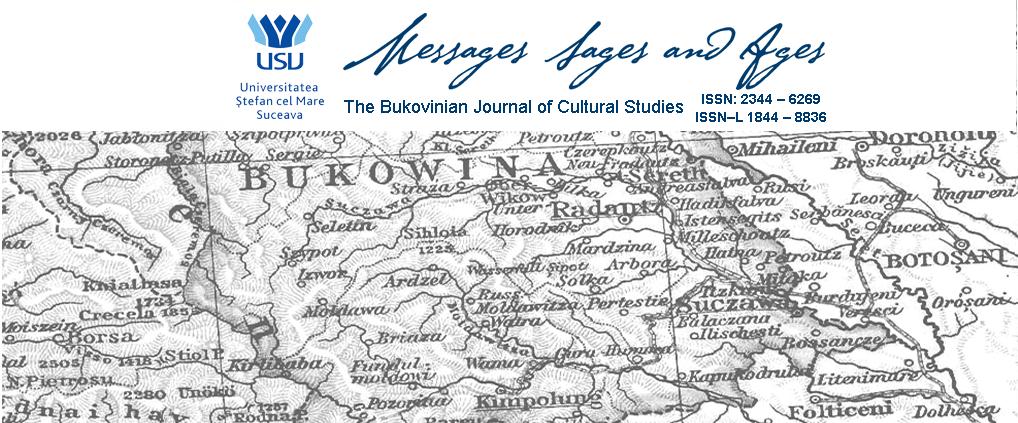Notions of dissemination across cultures as one-dimensional flows are increasingly challenged by paradigm shifts in cultural diffusion studies. This is also true among niche-market commodities of (young) popular English-language cultures whenever they build on the legacy of Dracula. Plots that feature mainly British and American storytellers, historically-situated in Romanian-set narratives, indicate that totalitarian settings (with a focus on Nicolae Ceauseșcu, the former dictator of Socialist Romania) are gaining some traction as well. Such cultural contact is documented, for instance, by My Swordhand is Singing (2006), a British young-adult novel, and by the Amazon television series Comrade Detective (2017), an American comedy cop show. The former’s plot develops into a vampire novel that references The Ewe Lamb (i.e., the folk ballad Miorita), widely considered to be the Romanian national epic; the latter is allegedly produced by the government of Communist Romania and introduces Ceaușescu’sregime to international audiences, not to mention young (English-speaking) Romanian audiences. This suggests that culture bound meanings, believed to be entrenched in Romanian (literary) culture, potentially make their way to the cultural market of the English-speaking world. However, national distinctiveness is likely lost on a large majority of the international public. Only Romanian-speaking audiences – and those interested in the rare subject of Romanian studies – are likely to ponder on its (ir)relevance. For everyone else, narrative fictions (literature and/or moving images) ostensibly reinforce the dichotomous construction of cultural diffusion in terms of linear, West-East oriented circulation of ideas. The sharing of cultural and literary information on Romania in English is fraught with the complexities of cultural transmission as inherently diffuse (rather than one-way) knowledge transfers.
Onoriu Colăcel is Senior Lecturer in English at Ștefan cel Mare University of Suceava, Romania. He has written on the contemporary English novel and on the Romanian and Moldovan literary cultures and visual media. His authored books include Postcolonial Readings of Romanian Identity Narratives (2015) and The Romanian Cinema of Nationalism. Historical Films as Propaganda and Spectacle (2018). He co-edited (with Anastasiya Astapova, Corneliu Pintilescu and Tamás Scheibner) Conspiracy Theories in Eastern Europe. Tropes and Trends (2021).
